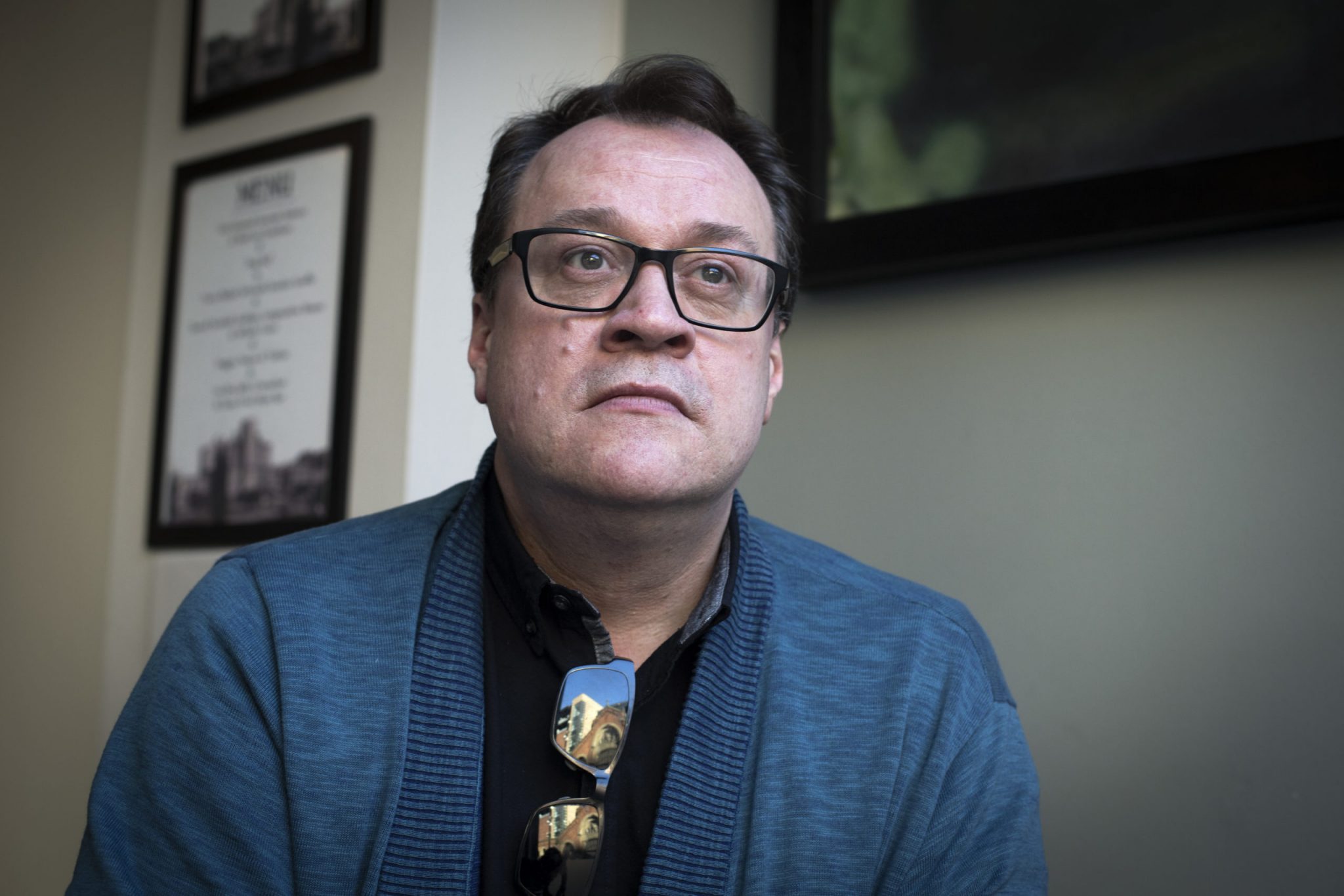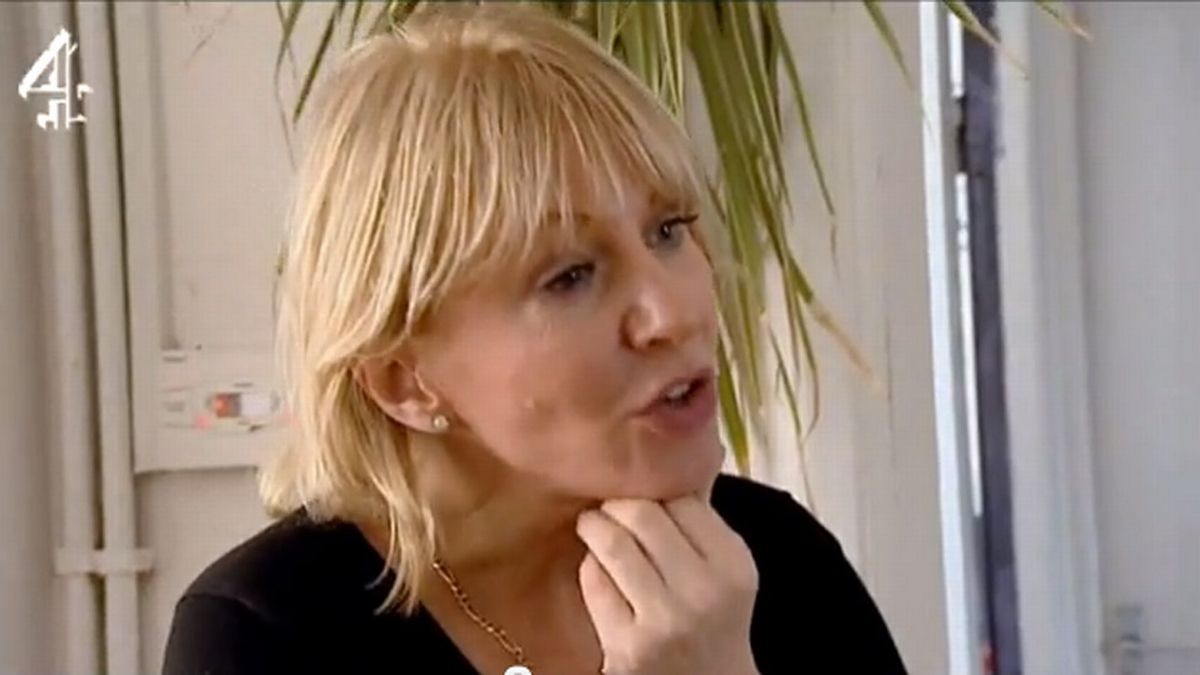
After more than 40 years of operation, DTVE is closing its doors and our website will no longer be updated daily. Thank you for all of your support.
UK government’s Channel 4 u-turn shows that it was never about money

The news this week that the UK government is “re-examining the business case” around the privatisation of Channel 4 comes as a welcome relief.
Michelle Donelan, the newly-instated culture secretary under prime minister Liz ‘Trickle-Down’ Truss, hasn’t called off the dogs, but did tell the BBC that the government is making sure it “still agrees with that decision,” and that any final call will be based on ‘evidence’ and ‘listening’.
These were two things her predecessor, the Johnson-loyalist and sometimes romance novelist Nadine Dorries clearly neglected when she decided that tearing apart Channel 4 would be her legacy. Channel 4’s “salad days are in the past”, Dorries wrote in the Mail on Sunday in mid-2021.
The government decided that it could make £2 billion from selling off the broadcaster, with Dorries repeatedly criticising Channel 4 for perceived inefficiencies and wasteful spending. Of little consequence to the Department for Digital, Culture, Media and Sport (DCMS) was Channel 4’s alternative plan to generate just as much money for the economy by moving its base to the north of England and utilising private capital.
Nor did Dorries listen to the outcry of public support for the broadcaster, led by It’s A Sin creator Russell T. Davies. Davies, who will return as showrunner of Doctor Who in 2023, spoke at an awards show earlier this year and praised the public funding model that allowed such a programme to be made. He branded the sale as “wrong” and the ruling Conservatives as “murderers, bastards, abusers and liars.”
In a far more measured approach, C4 boss Alex Mahon has spent the past year arguing that there is “no data or evidence” that privatising Channel 4 would help the broadcaster, its content or the UK’s creative industry. Research by Ernst & Young would later show that removing the publisher-broadcaster model would reduce its contribution to the UK’s creative economy by £2 billion over the course of 10 years, while Ampere Analysis has said that up to 60 independent production companies could go out of business should the channel be privatised.
Mahon would go on to write her own column for the Sunday Times where she said that Channel 4 could do more for the country in “public hands” and that it would lead job creation and skills building “in places where private media companies generally don’t invest.”
Then came that stunning moment in late 2021 when Dorries told the DCMS committee: “I would argue that to say that, just because Channel 4′s been established as a public service broadcaster and just because it’s in receipt of public money, we should never audit the future of Channel 4 and we should never evaluate how Channel 4 looks in the future and whether or not it’s a sustainable and viable model.”
If that sounds like a confusing statement, it is because it is. Dorries was quickly corrected by fellow Tory MP Damien Green who noted that Channel 4 is “not in receipt of licence fee money.” In fact, Channel 4 receives no public funding and is entirely financed by its own commercial activities, primarily ad revenue.
This is old news of course – Dorries was lambasted in the arena of social media for her display of ignorance. However, she was still allowed to continue on her righteous crusade to privatise the broadcaster on a foundation of quicksand.
Tilting at windmills
But this was never about the money. Nor was it about job creation, skills building or creating compelling content. In fact, so unpopular was the decision that Johnson’s government faced a party revolt over it.
In 2010, Channel 4 broadcast the reality show Tower Block of Commons. This programme saw a number of MPs, including Dorries, stay with families in deprived communities while living on the same budget as them. During filming, Dorries was revealed to have smuggled in a £50 note in her bra to the estate where she was staying in South Acton, sparking a minor controversy. She claimed the money was to buy gifts for the children of her hosts.
During one parliamentary hearing years later amid the C4 review, Dorries went on an incredulous rant about how the supposedly impoverished family “were actually actors” and that “ they weren’t really living in a flat, and they weren’t real”. None of this of course was true; Channel 4 and Love Productions carried out a major investigation into the show including the review of 85 hours of raw footage.
“Neither Love Productions’ investigation nor Channel 4’s internal inquiries revealed any evidence to support the allegations made about the programme,” a statement from Channel 4 subsequently said.
Combining Dorries’ famously short-fuse and evident penchant for disinformation, would lead one to suggest that the campaign against Channel 4 was that of a public individual with a grudge against a broadcaster that made her look bad. That she had the backing of a messy-haired Etonian only served to fuel the confidence that she could privatise the broadcaster without the evidence and listening that her successor has since boasted.
With Dorries now on the scrapheap of political history also known as the Tory backbench, will the government give up this quixotic crusade? Maybe, but this is also a government that has utilised Orwelian doublethink to champion free speech while in reality curbing it, and a broadcaster that has not shied away from upsetting the powers that be in Westminster.
The Conservative party has increasingly let the mask slip to the point where it’s barely a facade anymore – its leaders celebrate funnelling money from “deprived urban areas” to wealthy safe blue seats; and the mini budget published today reaffirmed that this government will do whatever it can to line the pockets of their friends in the city while the working class goes hungry and cold.
Is this UK government above holding and acting on grudges? The jury’s out. Let’s just hope that Michelle Donelan doesn’t try smuggling bank notes into council estates anytime soon.




